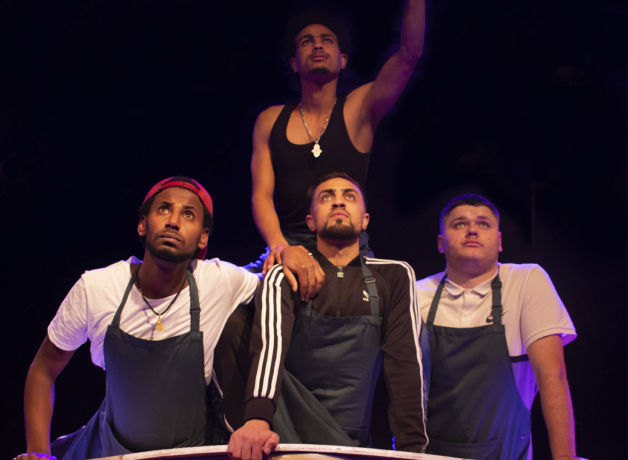by Laura Kressly
The South African companies Handspring Puppet Company and the Baxter Theatre have a world-renown reputation for puppetry and theatre, respectively. In this adaptation of the JM Coetzee novel, the puppetry is as good as anticipated, but the two hour-long, rambling story pushes the limits of audience patience and dulls the effect of the show’s message.
Continue reading









